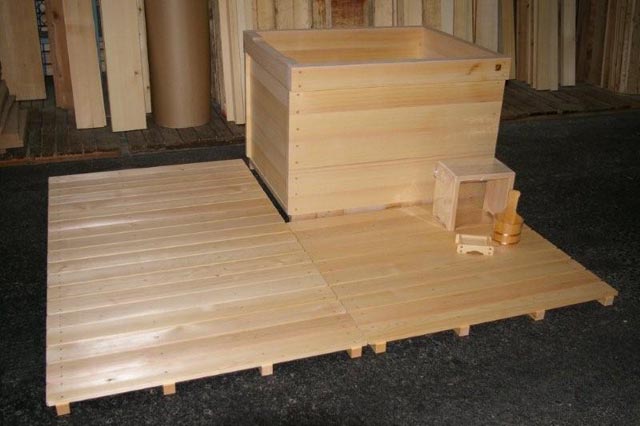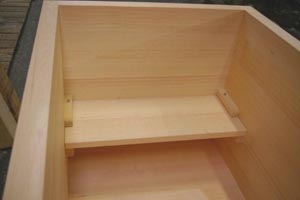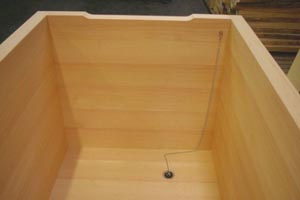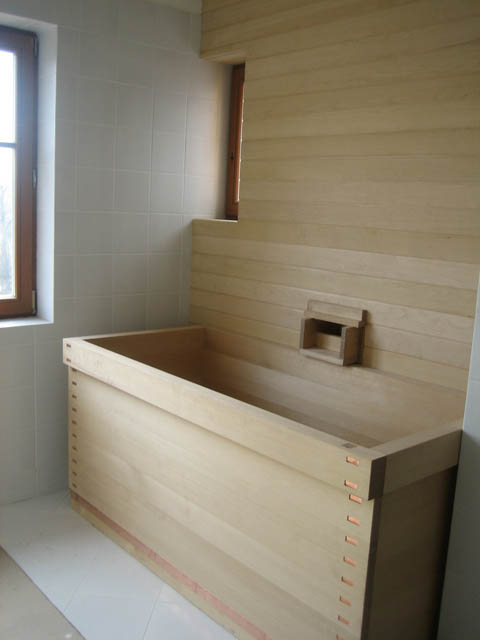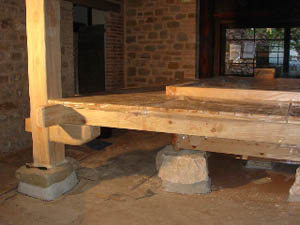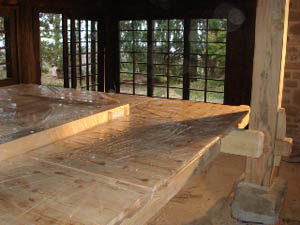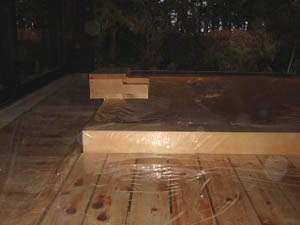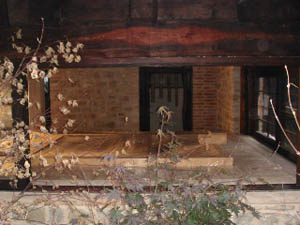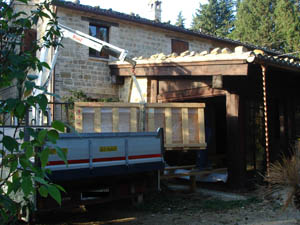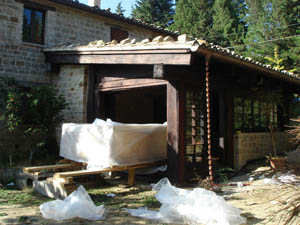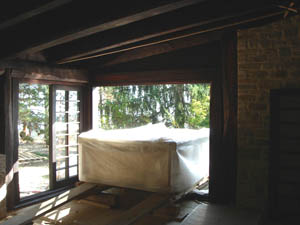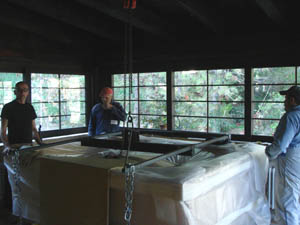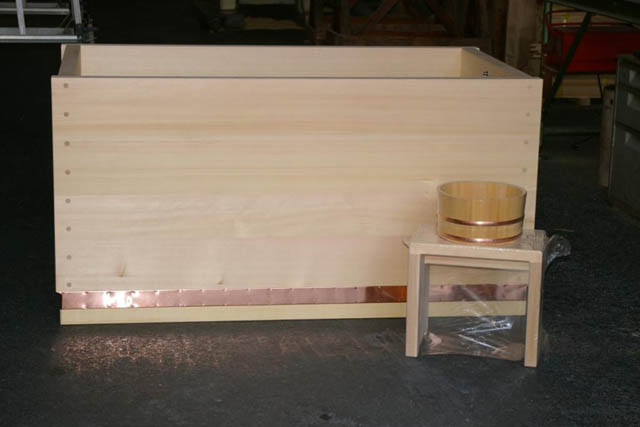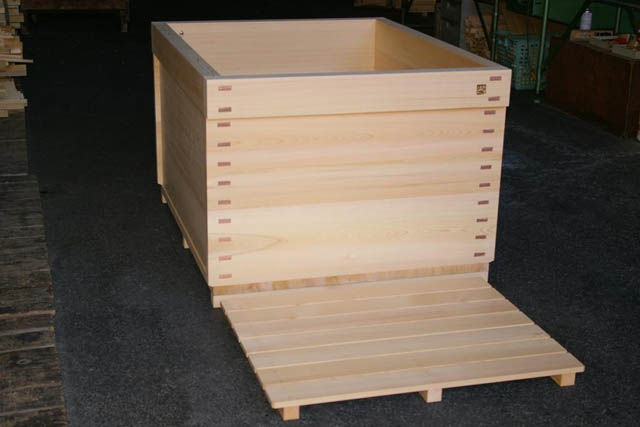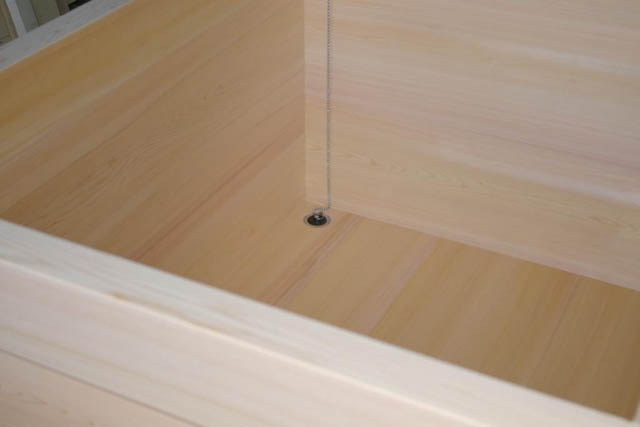We just recently acquired the bath from Bartok for a new country house and consequently we have not yet used it, but I have had one in London since about 1995. Mine also came from Japan, from a maker called Kodai (as in, “past era”) who sadly seem themselves to have been consigned to the past, as they appear no longer to be in business.
We found Iacopo and Bartok on the web. He was much less expensive than local tub manufacturers and offered a genuine hinoki product constructed the traditional way, so we did no further comparison shopping. Having seen the tub, I can strongly recommend him. Also, he was very helpful and communicative, which is important because your builder likely will be unfamiliar with the idea and will need information and reassurance. He also sorted out the shipping, so this presents no big obstacle compared to local
alternatives.
My experience with the tub in London might not be representative, because I am there less than half the time and the tub is used only occasionally. As you might know, this is in some ways more wearing for the tub than continuous use, because it is usually quite dry. I think the average life expectancy is about 10 years, but after several years past that, mine still is in good shape.
I think the most important thing is to put the tub in a “wet room” because it will “weep” and the water should be collected and drained. This will enable a proper bathing experience anyway, because you can have showers and taps in the room but outside the tub, as in Japan.
I also strongly recommend incorporating a recirculation system so that you can keep the water hot.
So, you can see that the builder has to be familiar with the concept of a wet room (this is becoming fairly standard technology) and has to know a bit about spa recirculation systems.
For cleaning, Kodai supplied a solvent containing tree oil, which i quite liked, but with their demise I have not been able to find a similar product.
Absent this, when i empty the tub, I wipe it with a towel (no cleaning products) and sand it occasionally. This seems to work well.
My tub is in a reconstructed pre-Victorian house, and i just leave the sash window to the room slightly open. No special ventilation measures.
I hope this helps. I strongly recommend you get the tub and hope you enjoy it.
Regards,
D J
